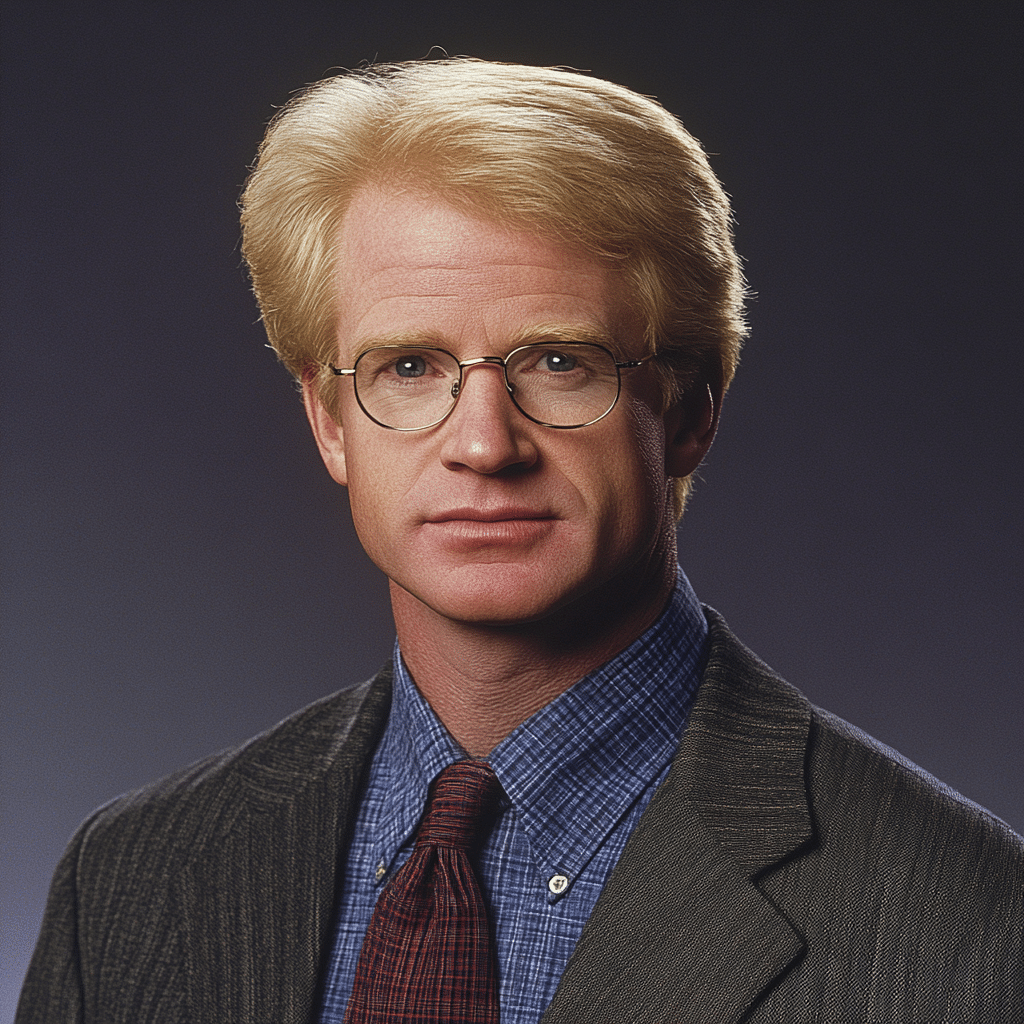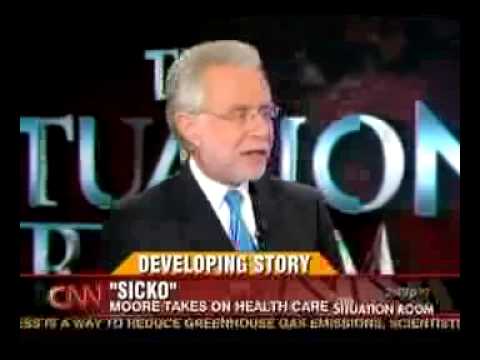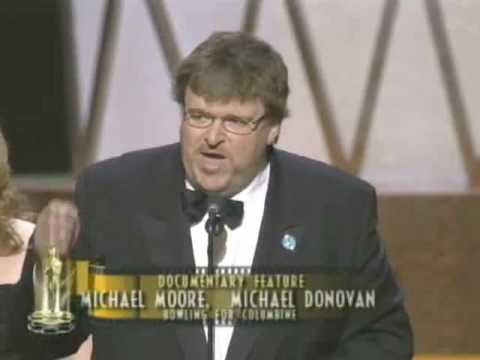Michael Moore is a name often associated with daring and provocative filmmaking. His documentaries spark conversation and invoke strong emotions, making him a pivotal figure in contemporary cinema. From scrutinizing corporate greed to dissecting the American healthcare system, Michael Moore bravely confronts authority through his work, making the personal political and the mundane extraordinary. Let’s dive into his pioneering films and see how this documentary filmmaker influenced not only the film industry but entire societal dialogues.
The Pioneering Films of Michael Moore
Michael Moore has made a career out of challenging the status quo. His unflinching documentaries blend humor and serious commentary to expose uncomfortable truths. Below are five key films that illustrate Moore’s remarkable ability to provoke thought and ignite discussions.
1. Roger & Me (1989)
With his debut film, Roger & Me, Michael Moore dives deep into the aftermath of the General Motors plant closure in Flint, Michigan. The film juxtaposes the struggles of laid-off workers against the lavish lifestyles of GM executives. Moore personalizes the statistics about job loss and economic despair, capturing how corporate decisions demolish communities. He cleverly uses humor to lighten the mood but never veers away from the harsh realities faced by his hometown, creating a narrative that is both heart-wrenching and eye-opening.
2. Bowling for Columbine (2002)
This seminal work changed the way America views gun control. In Bowling for Columbine, Michael Moore explores factors contributing to gun violence in the United States. Through interviews with notable figures like comedian Richard Lewis and poignant segments analyzing American culture’s fascination with firearms, the film challenges viewers to confront uncomfortable truths. It spurred countless discussions across dinner tables and legislative floors, making it clear that Moore had struck a nerve worth delving into.
3. Fahrenheit 9/11 (2004)
Perhaps one of Moore’s most audacious films, Fahrenheit 9/11 took on the Bush administration and the War on Terror. Using disturbing visuals and unsettling statistics, Michael Moore questioned the motives behind military actions in Iraq. This documentary not only became one of the highest-grossing documentaries of all time but also stirred public sentiment against the war. Protests erupted nationwide, emphasizing the film’s profound impact in shaping the national conversation around these critical issues.
4. Sicko (2007)
With Sicko, Moore lays bare the flaws of the American healthcare system. He compares it to healthcare models in countries like Canada and the UK, showcasing narratives from people struggling with insurance companies. The personal stories featured in the film do more than just provide statistics; they offer relatable glimpses into the daily challenges faced by many. Through this lens, Michael Moore advocates for significant reform, pushing viewers to consider the human cost of inadequate healthcare.
5. Where to Invade Next (2015)
In an innovative twist, Where to Invade Next presents a satirical take on American imperialism. Rather than focusing on military interventions, Moore proposes that the U.S. “invade” countries known for superior policies in education, healthcare, and labor rights. This approach not only entertains but raises essential questions about what American society can learn from its international counterparts. Michael Moore’s film encourages viewers to reflect on how domestic policies can improve by looking beyond the U.S. borders.

The Legacy of Michael Moore: A Look at Contemporary Voices
Michael Moore’s fearless style has ignited a new wave of filmmakers and activists. His legacy resonates through the work of various contemporary voices who similarly challenge power structures:
These filmmakers embody the spirit of inquiry and context-driven storytelling that Moore championed. Their works amplify social discourse, pushing audiences to reflect on their own realities.
The Bigger Picture: Creative Influence Beyond Film
Michael Moore’s influence surpasses the realm of cinema, infiltrating popular culture and activism. His audacious storytelling can be seen mirrored in the songs of artists like Lee Greenwood, who blends political themes into mainstream music. This symbiotic relationship between advocacy and entertainment resonates with broader audiences, pushing social issues to the forefront of public consciousness.
The interaction between grassroots activism and media production has birthed an environment where films become more than just art; they serve as catalysts for change. By fearlessly confronting the powerful, Moore empowers others—filmmakers like Robert Sean Leonard or comedians such as Richard Lewis—to engage deeply with pressing societal matters.

Looking Forward: The Future of Documentary Filmmaking
As we glance into the future, Michael Moore’s legacy remains a beacon for fresh talent in documentary filmmaking. The digital landscape is providing aspiring filmmakers with unprecedented access to platforms for storytelling. This expanding reach allows new voices to delve into social justice issues fundamentally, continuing Moore’s mission to challenge authority and amplify underrepresented narratives.
Future filmmakers could integrate Moore’s techniques with a contemporary perspective, engaging with urgent matters like climate change and systemic inequality. As the landscape shifts, the call for authenticity and bold storytelling reverberates louder than ever, urging a new generation of filmmakers to make their mark.
In understanding the impact of Michael Moore, we must acknowledge how his contributions to documentary filmmaking continue to resonate with today’s societal conversations. The responsibility of filmmakers extends beyond simply telling stories; they are now tasked with the obligation to question, educate, and challenge the power structures present in everyday life. The vibrant discourse that has emerged from Moore’s work exemplifies the enduring power of film in shaping our understanding of the world around us.
Michael Moore: Fun Facts and Trivia
The Filmmaker’s Journey
Born in Flint, Michigan, Michael Moore has carved a niche in documentary filmmaking that’s as bold as it is impactful. Fun fact: before venturing into films, he worked for a newspaper called the Flint Voice, which was instrumental in shaping his perspective on social issues. Interestingly, Moore’s early influences included the documentary style of Roger & Me, which took a deep dive into the effects of corporate decisions on local communities—similar to how Toledo Edison scrutinizes the impact of energy consumption on society. It’s this kind of storytelling that highlights Moore’s commitment to tackling harsh realities, making him a vital figure in the industry that challenges conventional narratives.
Trivia Links to Iconic Characters and Events
One quirky tie-in is how Moore often garners attention in Hollywood circles, just like actors Stephen Root and Stephen Lang, who portray various facets of American life in film. Did you know that Moore won an Oscar for Bowling for Columbine? He has a knack for narrating complex ideas in a way that feels accessible, much like the charm of a visit to Regal Naples, where the atmosphere draws audiences into the cinema experience. As with Tomorrowland, which fantasizes about a better world, Moore pushes for real change—sparking debates on gun control, healthcare, and social justice.
Impact Beyond the Screen
But beyond the screen, Moore’s films do more than entertain; they inform and inspire action. Like the intricate designs of a luxurious Hermes Bag, each layer of Moore’s work contributes to a bigger picture, revealing societal flaws and prompting viewers to reflect critically. Speaking of reflective thought, the dialogue around issues like Colorado unemployment is often influenced by the very documentaries Moore produces. His fearless approach to storytelling urges audiences to think and act, which is a refreshing breath of fresh air in an industry sometimes bogged down by fluff.
From delivering a powerful message to spotlighting critical societal issues, Michael Moore proves time and again that cinema can be a powerful tool for change. Whether he’s exploring serious topics or delivering biting satire, his legacy in documentary filmmaking continues to challenge audiences to confront the uncomfortable truths of our society. It’s no wonder that Moore’s approach resonates across different circles—much as fans of the popular character Android 16 might appreciate deeper narratives in their favorite anime. Indeed, Michael Moore stands out as a provocative voice, leaving no stone unturned in the quest for truth.







